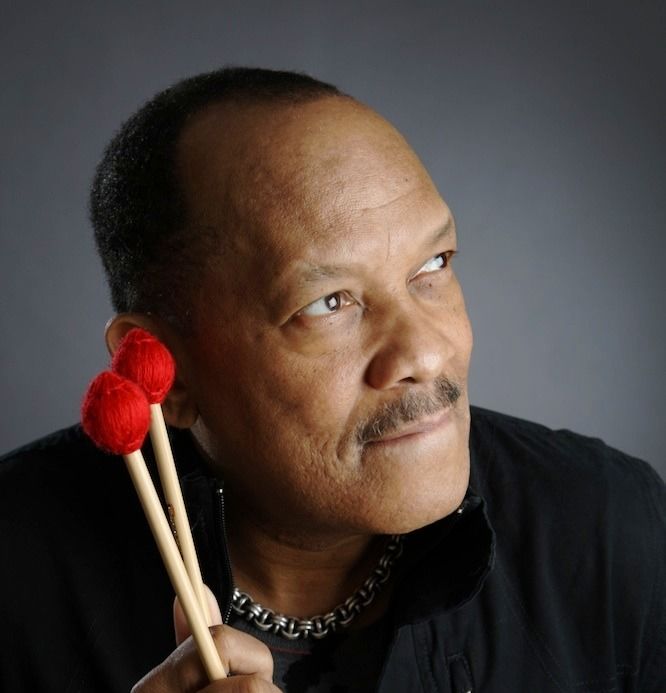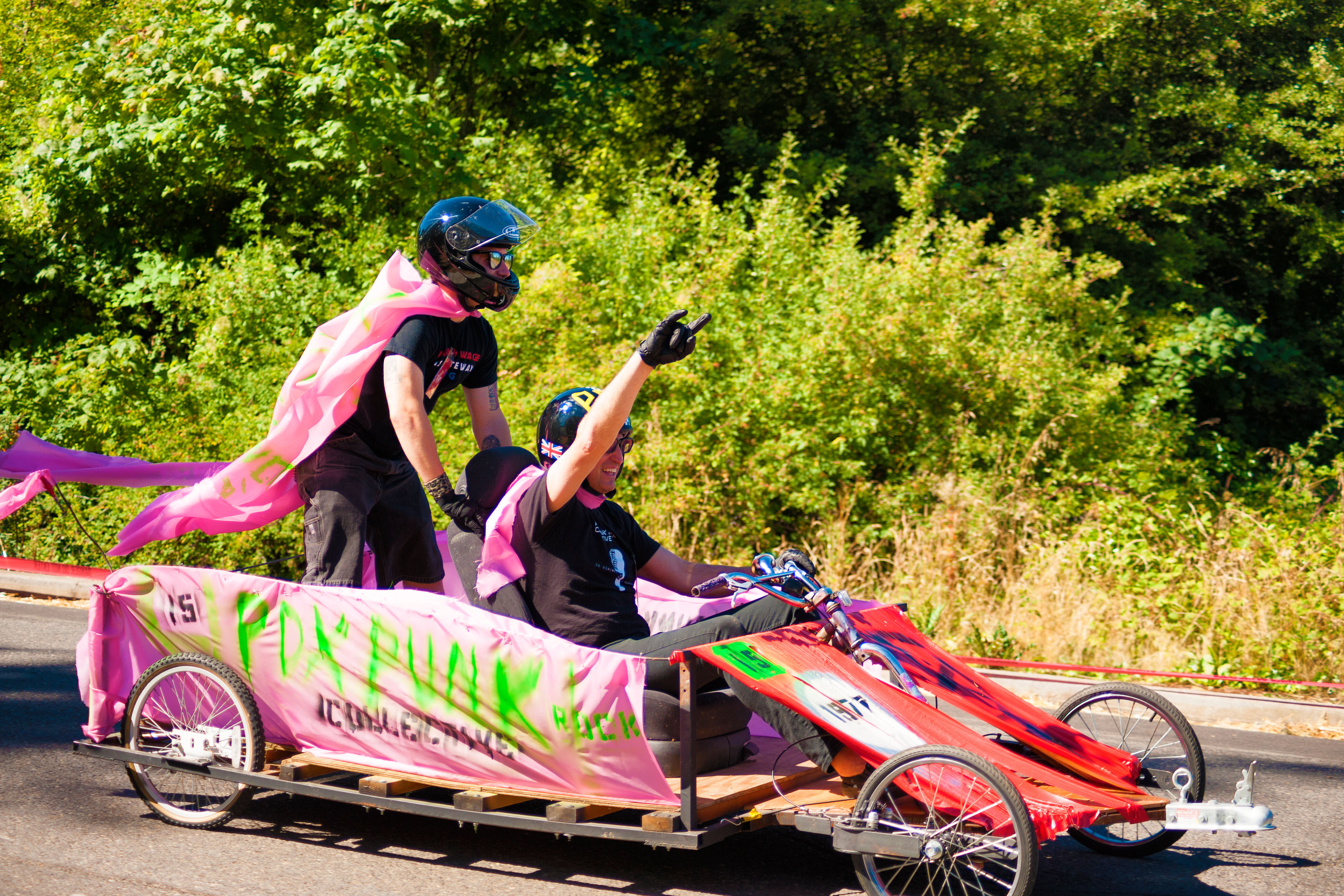PDX Jazz Celebrates the Centurions, Sans Jimmy Mak’s

Roy Ayers brings his mallets to town.
Image: Courtesy MM Music Agency
Long before the Decembrists, Aminé, or Sleater-Kinney, Portland was a jazz town. Clubs like Frat Hall, Lil’ Sandy’s, and the Savoy lined North Williams Avenue, pumping out jazz like a fire hose. The area incubated the early careers of musicians like T-Bone Walker, Sid Porter, and Norma Carter. But while most of Portland’s jazz clubs were plowed under to make way for the likes of I-5, the Memorial Colosseum, and the Rose Garden decades ago, our jazz roots hold fast. Some credit for keeping us swinging goes to PDX Jazz, which has brought high-caliber artists to town for its annual festival since 2004.
This year’s iteration, running February 16–26 celebrates the careers of John Berks “Dizzy” Gillespie, Thelonious Monk, and Buddy Rich, each of whom would have turned 100 this year. “All three of these people were big influences on their respective instruments,” says Don Lucoff, executive artistic director of PDX Jazz. “Buddy not so much as a composer and arranger, more as a player and a leader. But Dizzy and Monk were looked at as two of the prime movers and shakers of the bebop era.”
Among the many events included in this year’s 11-day fest are concerts from national jazz artists such as Grammy winner John Scofield, NEA jazz master Branford Marsalis, and the Maria Schneider Orchestra, alongside local talent like Mel Brown, the Bridgetown Sextet, and the Galen Clark Trio. You can also catch discussions with the musicians throughout the week.
Previous festivals have been held at the legendary Jimmy Mak’s, which closed late last year. (Owner Jimmy Makarounis died shortly thereafter.) For Portland's jazz scene, the news was devastating. For the PDX Jazz Festival, the implications were immediate. Lucoff and his team had to scramble to find new venues with little notice. In total, nine of the 88 festival shows found new homes at the Fremont Theater, Lola’s Room, the Mission Theater, the Old Church, and the Winningstad.
“We had word in mid- to late November that we had to move the shows,” says Lucoff. “That's probably why it took five venues—because we didn’t have a lot of lead time.”
While many see the closure of Jimmy Mak’s as a blow to Portland’s jazz scene, Lucoff is cautiously optimistic. "Obviously it’s a major loss for lot of musicians who played there on a regular basis,” Lucoff says. “You can’t replace a one-, two-, three-nights a week gig. "But I believe, over time, those artists will find their way into other situations.”
Lucoff points to restaurants like Wilfs, Clyde’s, and Arrivederci as places that still have regularly scheduled jazz acts. He also notes King School's program and Alan Jones and Darrell Grant’s program at Portland State as bright spots in Portland jazz.
“Portland, like many cities across America, has had clubs that have opened and closed, and opened and closed, just like rock clubs or folks clubs,” says Lucoff. “Jazz is no different. Jazz clubs close for different reasons: gentrification in neighborhoods, liquor license issues. It’s not from lack of an audience—the audience is there.”
According to Lucoff, the festival’s audience has expanded by more than a third since he took over six years ago. This year’s sales are on track to add another couple of percentage points. Meanwhile, the Mission Theater is booking jazz shows again, and the Jack London room underneath the Rialto is on track to reopen as a jazz club. As Lucoff sees it, “the future looks bright” for Portland jazz.
As for this year’s festival? Lucoff recommends John Beasley’s two-time Grammy-nominated MONK’estra playing the music of Thelonius Monk, who share a billing with Thelonius’s son, TS Monk. He also nods to the Heath Brothers, among them 91-year-old saxophone legend Jimmy Heath, and Roy Ayers, known as the godfather of neo-soul.
The PDX Jazz Festival runs February 16–26. Find the full lineup on the fest's website.




